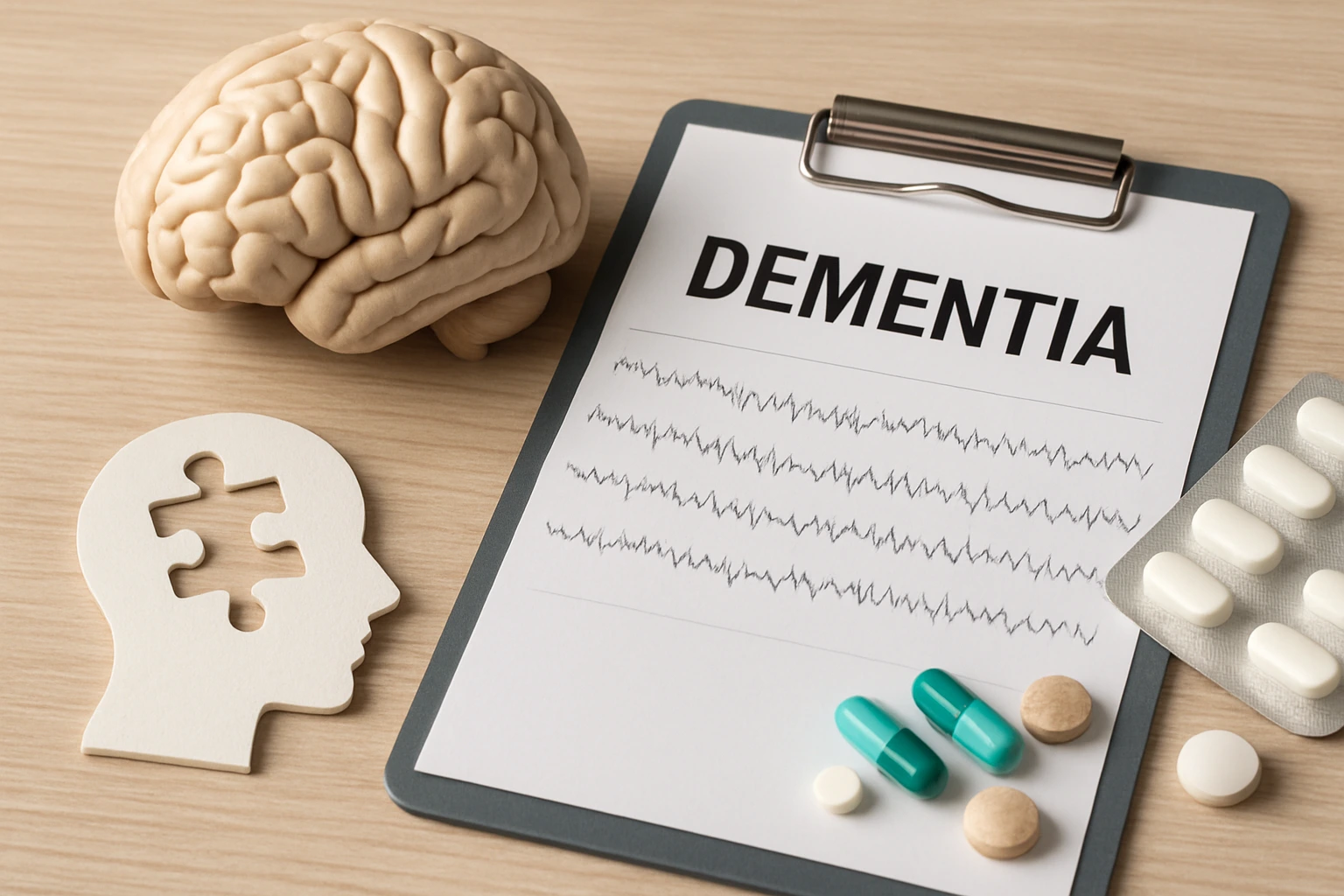Dementia is not a disease; rather, it is a complex condition affecting memory, cognition, behavior, and the ability to perform simple activities of daily living. With it being estimated that there are over 55 million persons living with dementia in the world by the WHO, never more immediately appropriate than now does the question of its treatment. There is no cure at present; however, treatment has evolved to treat symptoms and enhance the quality of life in general-various medical and holistic options are available.
In this article, we will explore the importance of dementia treatment, what is currently available, some existing solutions, and how families can initiate a pathway toward care with confidence.
Why Dementia Treatment Matters
Dementia is treated not only to help with memory loss but to allow the individual to remain independent, maintain their dignity, and support their psychosocial well-being. With the right interventions in place, a person with dementia will be able to stay active and engaged for a much longer time, which, in turn, will ease caregivers’ burdens and improve relationships in the family.
According to the Alzheimer’s Association, early detection and intervention substantially change the course of the illness. In this way, its progress may be slowed down while healthcare costs are kept down and outcomes ameliorated for the client.
Key Benefits of Early and Ongoing Treatment
- Slowing cognitive deterioration in the early- and mid-stages of the disease
- Improving mood and behavior with individualized therapies
- Delaying institutional care with support strategies for home care
- Supporting caregivers through educational and emotional resources
- Improving quality of life through targeted activities and occupational therapy
Stepwise Approach to Dementia Treatment Options
1. Medical Therapies
- Cholinesterase Inhibitors like Donepezil (Aricept) or Rivastigmine (Exelon) are primarily prescribed in the early to mid-stages of dementia to enhance the communication between nerve cells.
- Memantine (Namenda) is utilized in moderate to severe stages to modulate brain chemicals to assist with memory and attention.
- Recently, new FDA-approved medications such as the Alzheimer’s Disease targeting Lecanemab (Leqembi) have shifted the paradigm toward disease-modifying treatments.
2. Non-Pharmacological Intervention
- Cognitive Stimulation Therapy (CST): Group activities designed to foster better mental function.
- Music and Art Therapy: Stimulate feeling and memory without exerting pressure or judgment.
- Occupational Therapy: Helps maintain independence while performing daily activities, such as dressing or cooking.
- Reminiscence Therapy: Engages elements of personal history (pictures, stories) to trigger the recalling of distant memories.
3. Lifestyle Changes
- Exercise: Good for slowing brain shrinkage and for enhancing cognition.
- Nutrition: Mediterranean food, with its fruits, vegetables, and healthy fats, is good for brain health.
- Sleep Hygiene: Bad sleep has been implicated in increased beta-amyloid deposition.
- Routine: Predictability lessens anxiety and feelings of confusion.
Real-Life Example: Living a Good Life with Dementia
Living Case Study: 68-Year-Old Grace – An Early-Onset Alzheimer’s
Diagnosed at 65, Grace was put on a combined treatment plan including Donepezil, daily walking, and local CST support. While in that plan for six months, her family noticed the improvements in mood and clarity, and increased engagement in conversation. Grace remains in her own home, supported by a part-time caregiver and a fuller structured routine.
Actionable Tips for Caregivers and Families
- Beforehand: Seek medical assistance at the first sign of memory loss.
- Reminders and labels: Visual cues assist orientation and independence.
- Create a calm environment: Keep noise to a minimum and limit clutter to keep agitations down.
- Join support groups to vent and share with other families.
- Safety first: Grab bars, alarms for doors, and home layouts kept simple.
Mistakes to Avoid
- Delaying diagnosis: Assuming symptoms are “just aging” wastes precious treatment time.
- Overmedicating: Drugs help, but they are not a solution in themselves.
- Ignoring caregiver burnout: If you ignore it, you will burn out faster.
- Absence of routine: Disorganized environments or people can aggravate symptoms and behavior.
The Upcoming Advances in Dementia Treatment
The next ten years will offer tremendous opportunities for breakthroughs in dementia care:
- Biomarker-based diagnosis via blood tests for earlier detection
- Gene therapy and precision medicine to treat specific types of dementia
- AI-aided cognitive training tools and virtual reality programs to support memory
- Wearables and smart home technology to monitor symptoms and improve safety
Worldwide clinical trials are underway through institutions like the NIH’s National Institute on Aging and the ADDF, aiming for more targeted treatments and disease modification.
Conclusion: A Ray of Hope Through Complementary Care
Dementia may not yet be curable, but treatment is a potent front line where memory can be supported, people can be connected, and dignity restored to those affected by the disease. With medications, lifestyle changes, and emotional support, people with dementia can lead more fulfilling, healthy lives.
Peruse treatments, set up an appointment with a specialist, and get things moving right now. Something good just might come your way through our newsletter, which offers in-depth guides for caregivers and families, expert interviews, and support tools for dementia care.




